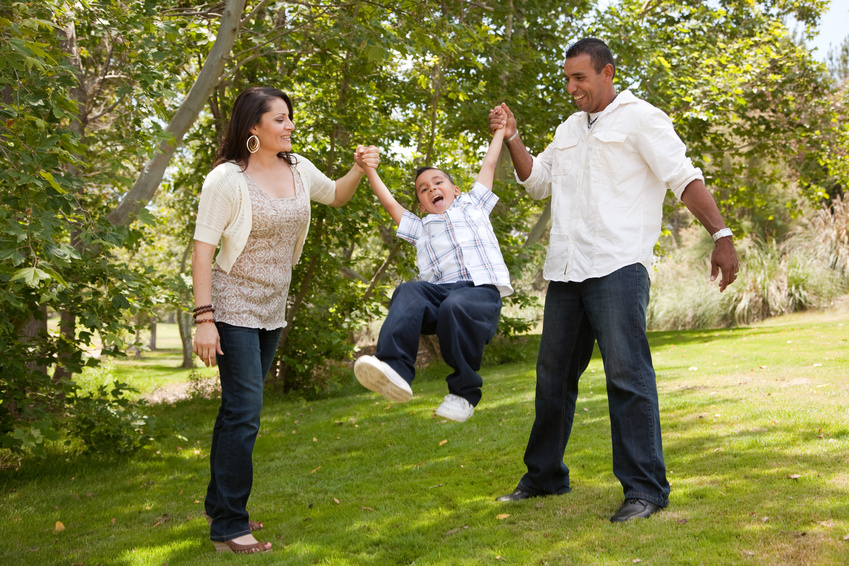Couples Meditations
Based on his recent work, Dr. Rogge just developed a series of 7 meditations that couples can do together. They are available as an online course. The meditations:
- Take only about 16 minutes each
- Help you reconnect
- Relieve stress together
- Prioritize your relationship
- Approach each other with loving kindness
- Cultivate gratitude for one another
- Coupon code to save 20%: WXXI
Since 1993
RESEARCH INTERESTS
Couples/family researcher: Ron Rogge is a clinical faculty member whose research focuses on understanding dynamics within romantic relationships and families. He is piloting brief interventions to strengthen families and relationships.
Sex and sexuality researcher: Dr. Rogge has a number of projects examining sexual activity, sexual orientation diversity, and diverse relationship structures (including consensual non-monogamy).
Mindfulness / Psychological flexibility researcher. Dr. Rogge has also been increasingly incorporating mindfulness and psychological flexibility into his studies on couples and families.
Examining treatment processes. Finally, Dr. Rogge is currently developing the MindFlex Assessment System to provide psychological flexibility/mindfulness profiles to clinicians and therapists using mindfulness or ACT-based interventions.


Relationship Processes
His specific research projects span an array of topics:
- Sexual activity / responsiveness / ability to orgasm
- Emotional support / negative conflict
- Mindfulness / Psychological Flexibility
- Relationship awareness / gratitude
- Parenting styles / attitudes
- Partner responsiveness
- Acts of compassionate love
Intimacy and Mindfulness
- Sex and sexuality
- Pornography use
- Correlates of online partner-seeking
- Dating websites
- Tinder, Grindr
- Psychological flexibility and mindfulness
- Subconscious (implicit) attitudes


BASIC STUDIES
Our basic research studies examine how
- Individual factors (e.g., neuroticism, anger, aggressiveness, depression, anxiety, alcohol use)
- Couples behavior with each other (e.g., communication, empathy, forgiveness, social support, sexuality, humor, partner aggression, coparenting dynamics, parenting styles)
- Environmental factors (e.g., life stress, socio-economic status, demographics, neighborhood dilapidation, neighborhood cohesion)
- Implicit attitudes (e.g., subconscious attitudes toward a partner or family member that can shape the course of relationships)
- Health behaviors/factors (e.g., exercise, diet, sleep hygiene)
collectively contribute to the development of relationship and family health and discord.
APPLIED STUDIES
In addition, our research also explores methods of preventing marital and family discord through interventions designed to strengthen relationships and families.
- The CARE program: Compassionate and Accepting Relationships through Empathy. The CARE program is a 5-session group workshop I developed with Tom Bradbury as an extension of IBCT. CARE has been shown to reduce rates of divorce over the first 3 years of marriage (Rogge et. al., 2013).
- The PAIR program: Promoting Awareness, Improving Relationships. The PAIR program is an innovative approach that encourages couples to use popular media (movies and TV shows) as a method of easing into discussions of their own relationships. PAIR offered comparable 3-year benefits to those seen with the CARE and PREP programs, cutting the divorce rate in half over the early years of marriage (Rogge et al., 2013)

- The REFLECT program: Reflecting to Enrich Family Life and Enhance Coparental Teamwork. The REFLECT program builds on the findings with PAIR, extending this innovative approach to the task of strengthening families. Thus, REFLECT encourages coparents to use popular media (movies and TV shows) as a method of easing into parenting discussions. A recent pilot study in 36 families suggested that in comparison to a no-treatment control group, families completing REFLECT discussions demonstrated more adaptive coparenting (greater cooperation and support) and greater use of adaptive parenting strategies.
- The MindFlex Assessment Project. In collaboration with Kelly Wilson and Jaci Rolffs, I developed a new scale (the MPFI) which assesses the dimensions of flexibility and inflexibility targeted within Acceptance and Commitment Therapy. We are now conducting a study to develop an online service that will generate flexibility profiles for therapists after their clients have completed short online assessments that include the MPFI. We hope that the MindFlex profiles generated
- will help therapists more clearly understand the strengths and challenges that individual clients bring into treatment
- will also help therapists track change over the course of treatment.
THE STUDIES

To explore these research interests, Dr. Rogge has
- conducted a project in his own lab that followed 303 newlywed couples on a yearly basis over the first four years of marriage
- conducted a joint project with Dr. Reis following 175 newlywed couples over the first 18 months of marriage
- developed and implemented an innovative program of online research comprised of a series of over 20 large-scale online research projects that have collected data from over 35,000 online respondents, augmenting his laboratory studies of romantic relationships and families.
Dr. Rogge and his students typically use advanced multivariate statistical techniques (e.g., Item Response Theory, Hierarchical Linear Modeling, Structural Equation Modeling, Latent Class Analysis, Multilevel SEM) to examine the relationships between sets of variables being examined.
